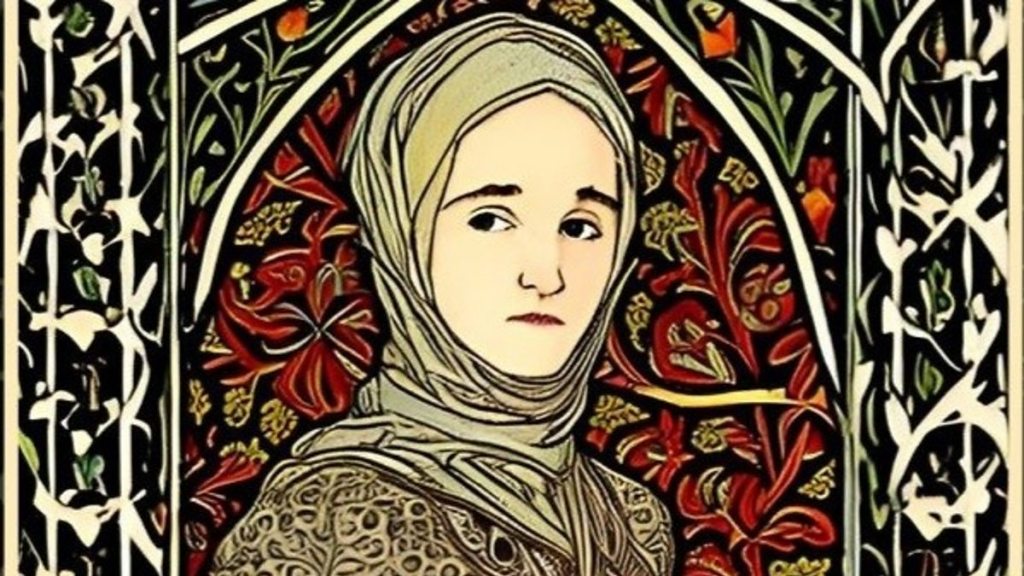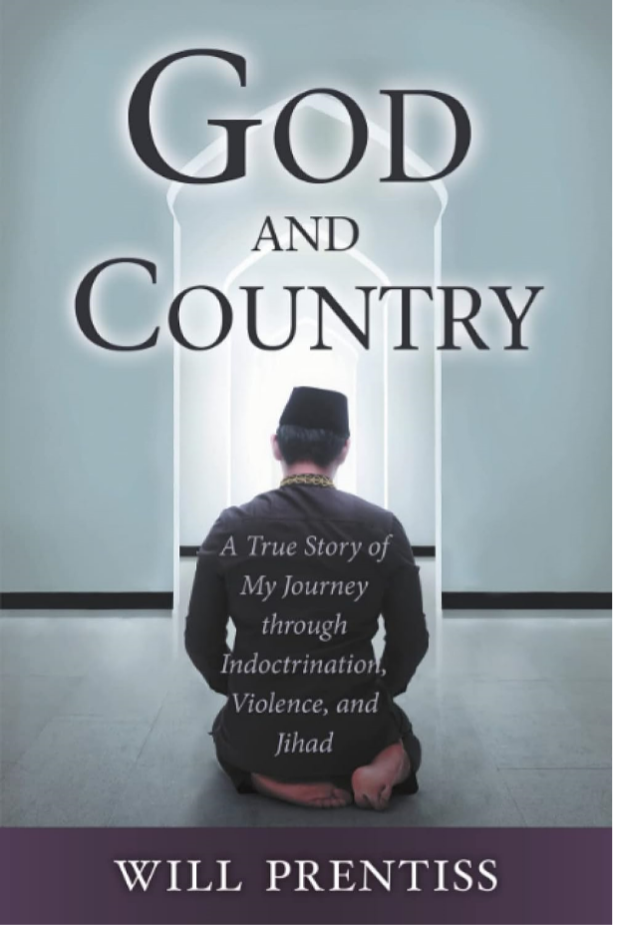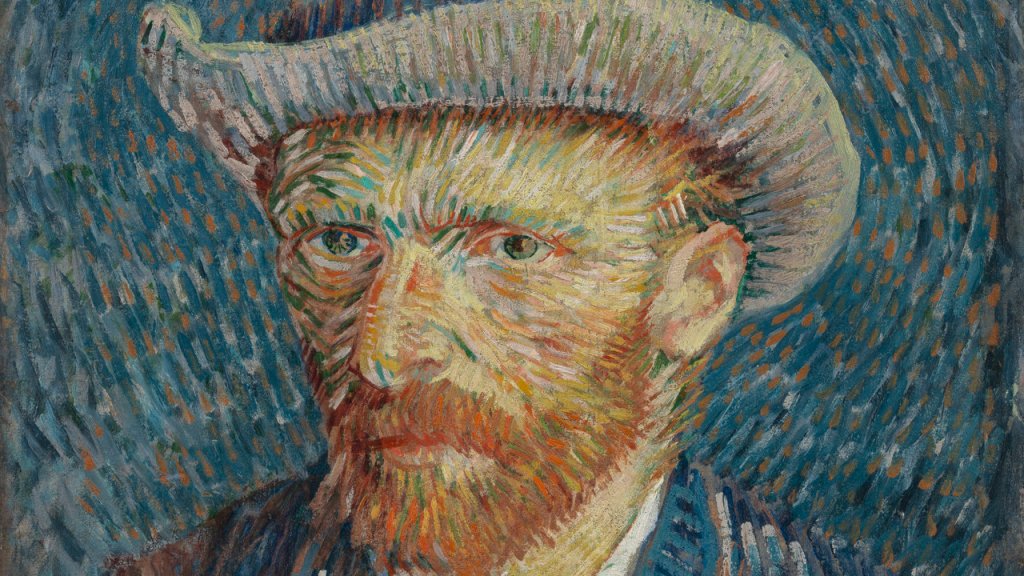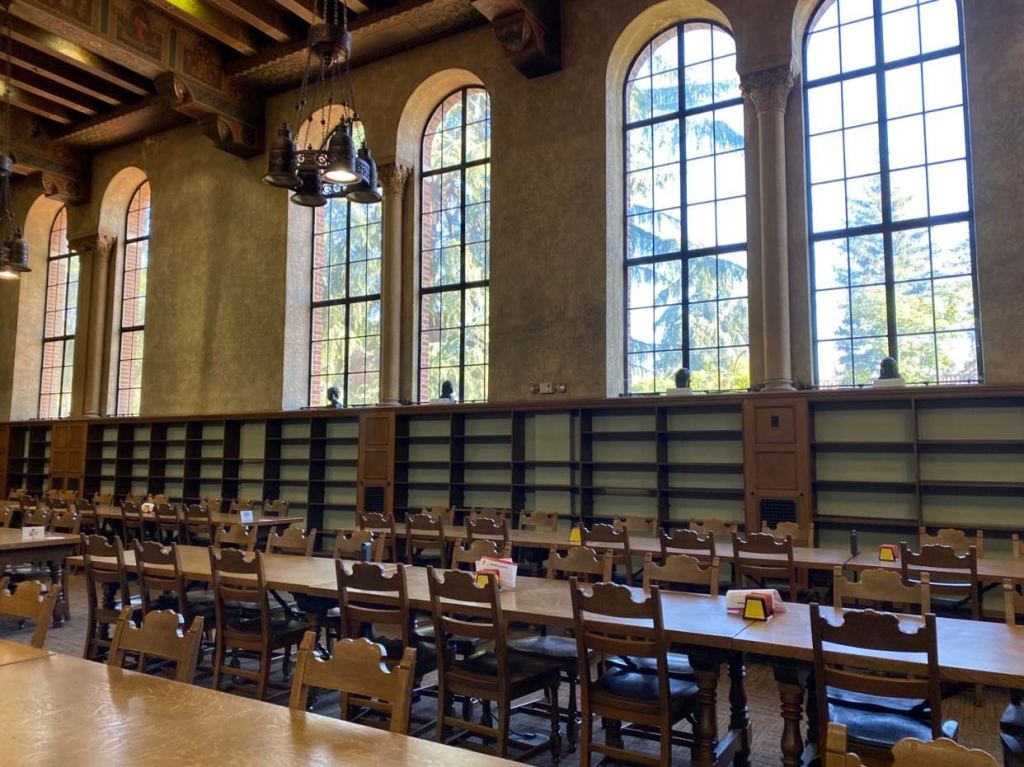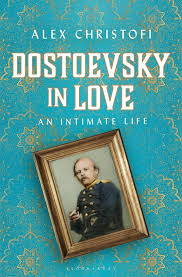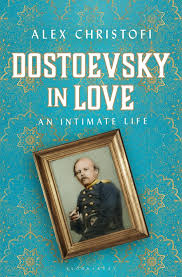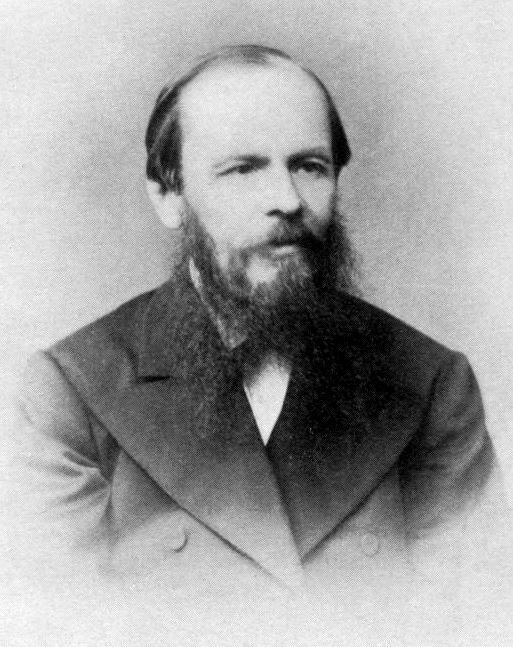God and Country: A True Story of My Journey through Indoctrination, Violence and Jihad, by Will Prentiss (Lulu Press, 2019)
This article first appeared in The Hong Kong Review on Dec 27, 2023
Conversion to Islam is not for sissies. No convert whom I have ever read about or met has made that decision lightly. Conversion (sometimes called reversion) to Islam means identifying with a religion that a great majority of non-Muslims in the world view in an unflattering light. Naturally, there are all kinds of political and emotional reasons to depict a non-Western belief in pejorative terms: that Islam has received negative Western press since the time of the Crusades simply underlines the fact that life is bound to become seriously difficult for the person who decides to embrace that religion. (Of note, the decision to become Muslim is gaining ground in the USA and worldwide. A Pew Research in 2017 suggested that Islam will overtake Christianity in the second half of our present century to become the largest religious group in the world.)
The prologue to this arresting memoir shows the narrator as a practicing Muslim driving a big rig through Alabama right before and during 9-11. This opening offers a good dose of the common reaction to a terrible event: overall horror laced heavily with Islamophobia from those who were not Muslims. Most of us will remember what we were doing that day and how downcast, shocked, and sickened we felt by the terrorist attack.
In biting irony, recent events with the violent Hamas attack on Israeli civilians on October 7, 2023, and the subsequent retaliatory “war” unleashed by Netanyahu—retribution, genocide, and persecution amped beyond anything heretofore carried out upon the indigenous Palestinian population, confined to what amounts to a large extermination camp, cry out as a parallel to 9-11. These recent events may not have happened on U.S. soil, but they may in some way be considered a retribution against the Muslim world for the attack of 9/11 and the overall negative light in which Islam has been cast. The unfolding events have slammed most Western Muslims of every ethnic background onto a similar unstable political minefield, the same one we trod so gingerly after 9/11.
A review of God and Country became imperative to me in the wake of these events, for Prentiss’s own life story as a Muslim is unique and demonstrates the difficulties involved in understanding a spiritual message extremely well while also understanding the dangers inherent in becoming brainwashed by radical elements. As Prentiss writes in Chapter One, “As a Muslim, I was now a target for would-be extremists of my own faith and right-wing extremists who opposed my faith. I’ve found that my decision to become a Muslim has landed me into a precarious situation between these two extremes. I’m not alone in this, I know that.”
Indeed, he is not alone. I personally felt great solace in reading Prentiss’s memoir, so different from my own and yet oddly parallel in the need to navigate and understand when others demonstrate unexpected reactions or judgments regarding an individual’s spiritual choice. Prentiss has a fascinating and often heart-rending tale to relate, culminating in decisions he made that resulted in him being outcast by the very Muslim community he had worked so hard to strengthen.
Because Muslim converts come from such a wide array of backgrounds, no reader should ever be able to make generalized assumptions about what propels individuals to choose Islam: reading memoirs such as this one will demonstrate my point. It is part of our Western freedoms to worship or not worship as we see fit, and that is the common denominator.
Prentiss was born into what seemed like a wonderfully stable American family with an almost Leave-it-to-Beaver sanguinity (until that entire edifice crumbled). His greatest problem at a young age was bullies at his Catholic school—something the reader might bear in mind, given Prentiss’s disinclination to “defend” himself as his father repeatedly suggested. The trials of childhood, the author’s attempt to manage the bullies, and the display of corporal punishment at school foreshadow the dangers and drama Prentiss later experiences as an adult.
Early childhood sanguinity abruptly dissolves in the “Black Days” of Chapter Two, when at the age of 7 years, the author discovered his parents in a physical brawl. The scene is shocking and well-described. Many who have experienced parental dysfunction will be able to relate to the confusion felt by young Prentiss. After the divorce, he and his siblings were placed in the custody of their mother: the details documenting her inability to be a stable parent will make the reader wince.
I liked the way Prentiss demonstrates the character traits of his parents, one an arguably “functional” alcoholic and the other, notably dysfunctional. They become interesting characters in this memoir in the ways that their character flaws force Prentiss into one decision or another that brings trauma into his life. Pretty quickly, the inability of the mother to make sound decisions compelled Prentiss to live with his father. While financially responsible, the narrator’s father was not the kind of nurturing parent who could help his son cope with life’s difficulties (like school bullies) or even help run the household. Prentiss and his siblings had to learn to raise each other with only the responsibility of household bills shouldered by the alcoholic father.
In 1981, when Prentiss started high school and first went to live with his aunt and uncle—because they seemed to offer a more stable household than his father could—the bullies of the new high school ruined the narrator’s life. This development was jumpstarted by his aunt and grandmother, no doubt unintentionally, when they conspired at the outset of his freshman year to force Prentiss to buy and wear bell bottom jeans with paisley or flowered shirts while his younger cousins were allowed to follow the current teen fashion trends. He became a magnet for bullies, with no therapy or preventive strategies in place. It is no small wonder that he made friends with another boy who found himself in similar circumstances and the two attempted to run away.
By this time, the reader will be convinced of the high intelligence of the narrator, as evidenced by his ability to tell his story so well. The memoir demonstrates how teens come to find themselves in the bleakest of situations, through dysfunctional families, and no safety net of any substance in place, not even one provided by society. Prentiss’s grades were, predictably, in a downward spiral, and his father’s solution was to wake him up at 2 am each morning and subject him to an alcohol-fueled “vulgar tirade.” The emotional turmoil sustained by this teen led him to dabble in occult seances, which will leave the reader gasping.
It is impossible not to be fascinated by this ongoing trainwreck, and hard to imagine what could make it worse, but worse it becomes when Prentiss escaped his father to live with his mother who at this point had joined a religious cult. As the knowledgeable reader may predict, the sweet gloss at first presented by the cult and its leaders wears away quickly, and Prentiss becomes an abused and tortured slave. It is at this point that he began to teach himself survival skills and learned to appraise those with whom he was living. He learned to assess the hypocrisy of those who preach one thing and do another.
The upshot of dabbling in the occult and learning, in depth, the depravity of cults, ultimately informs Prentiss and help guide him in mature decision-making when he becomes part of a Muslim community. A great deal happens before that, such as returning to his father, finishing high school, joining a Christian community that seemed more positive, getting married and moving to Chicago. Even though this juncture in the narrator’s life offered more hope than he had hitherto known, it was subject to the struggles of any young married couple living in an expensive city. Eventually the narrator’s wife enlisted in the U.S. Airforce and then Prentiss joined her when she was stationed in the U.K.
But here is when chance encounters—which we all have—strongly influenced Prentiss’s life trajectory. They met another couple who, like the Prentiss couple, were made up of a wife in the U.S. Airforce and a husband who had followed to find employment in the U.K. The husband, Jack, turned out to be a shoplifter. Prentiss found out when he went shopping with him and the man almost went forward with shoplifting but changed his mind. Prentiss thought it was a mishap avoided, but realized nothing had been avoided when he was asked to visit a military police station.
This was his first pressured instance of going “underground,” by agreeing to work on a U.S. military base infiltrated by drugs and other problems. As a devout Christian who wanted to help his servicemen and women get their jobs done with the least danger possible to the peaceful running of their lives, he accepted the job. I found it easy to see the connection to a childhood and youth in which there had been no safety net in place. The narrator clearly wanted to be part of a sound community safety net. Unfortunately, his marriage was torn apart by that job in ways Prentiss explains in his memoir. Again, the problems he endured are very similar to a wide cross-section of Americans. He and his wife returned to the USA, and the narrator had to work long hours simply to make ends meet, the death kiss of many a marriage.
Whenever the author’s life was unraveling in ways easy to understand, I could tell that Prentiss’ connection with God was never severed. On the contrary, it seemed strengthened through the narrator’s determination to understand what God wanted him to learn from these trials. In that quest, Prentiss became a student of Judaism, but ran up against a wall when he learned that he had to disavow the prophethood of Jesus (peace be upon him). That is when he turned to studying Islam, which requires the recognition of not just Muhammad but of Jesus and all the messengers named in the New and Old Testaments as prophets (peace be upon them) sent by God.
Prentiss explains the articles of Islamic faith in this book and underlined his growing dedication to Islam and his unfaltering allegiance to the safety of the country he lived in. When he became an integral and highly beneficial part of the U.S. Muslim community that he embraced, it was with the conviction that he had to remain true first to God and then to the safety of all who lived in his community.
And that brings us to radical elements in the Islamic communities. Every convert I have known has had to face these elements and decide how to think about them, how to face them, and how to deal with them. What Prentiss did will take the reader’s breath away for its valor and commitment to the elements of a safe and tolerant diverse community. I have no doubt that what he endured was agonizing, and yet I feel he made the right decisions, as emotionally difficult as they were to make.
After the fact, many from the Muslim community Prentiss had so long served accused him of betrayal. That accusation begs the question: does conversion imply upholding a faith’s core values or tolerance of the radical actions of those who claim to represent those values? As a Muslim convert, Prentiss chose to remain true to the values of Islam, even when it meant working with people who were not a part of the Muslim community to which he belonged. He chose to fight against the horrors of radicalization because any movement producing horror was not, in his mind, part of the value system of Islam he had embraced. By laying out his story, he allows readers to judge for themselves.
It is not unusual for memoirs by Muslim converts to be self-published for the simple reason that the mainstream publishing industry is not convinced of the earning power of such books. The first two-thirds of God and Country are reasonably well-edited while the last third has a few more issues with mechanics and grammar than the beginning. Nonetheless, this is a highly readable book that should hold great interest for those who would like to learn about the trials facing Muslim converts in the USA. Available on Amazon.
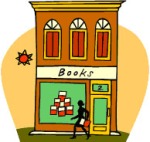 Hello, those in search of the creative spark. Welcome to the Grassroots Writer’s Guild. This blog began as a collaboration between two writers and friends, on the premise that all writers need a blog. In the past few years, it has become the blog of one of those two friends (Julia Simpson-Urrutia) because the other (Connie Kirchberg) has found so much activity and inspiration in other pursuits aside from writing, which include four dogs, two cats, and a never-ending project list that tends to revolve around carpentry. Most writers are creative in so many ways, and so it is with us.
Hello, those in search of the creative spark. Welcome to the Grassroots Writer’s Guild. This blog began as a collaboration between two writers and friends, on the premise that all writers need a blog. In the past few years, it has become the blog of one of those two friends (Julia Simpson-Urrutia) because the other (Connie Kirchberg) has found so much activity and inspiration in other pursuits aside from writing, which include four dogs, two cats, and a never-ending project list that tends to revolve around carpentry. Most writers are creative in so many ways, and so it is with us.
